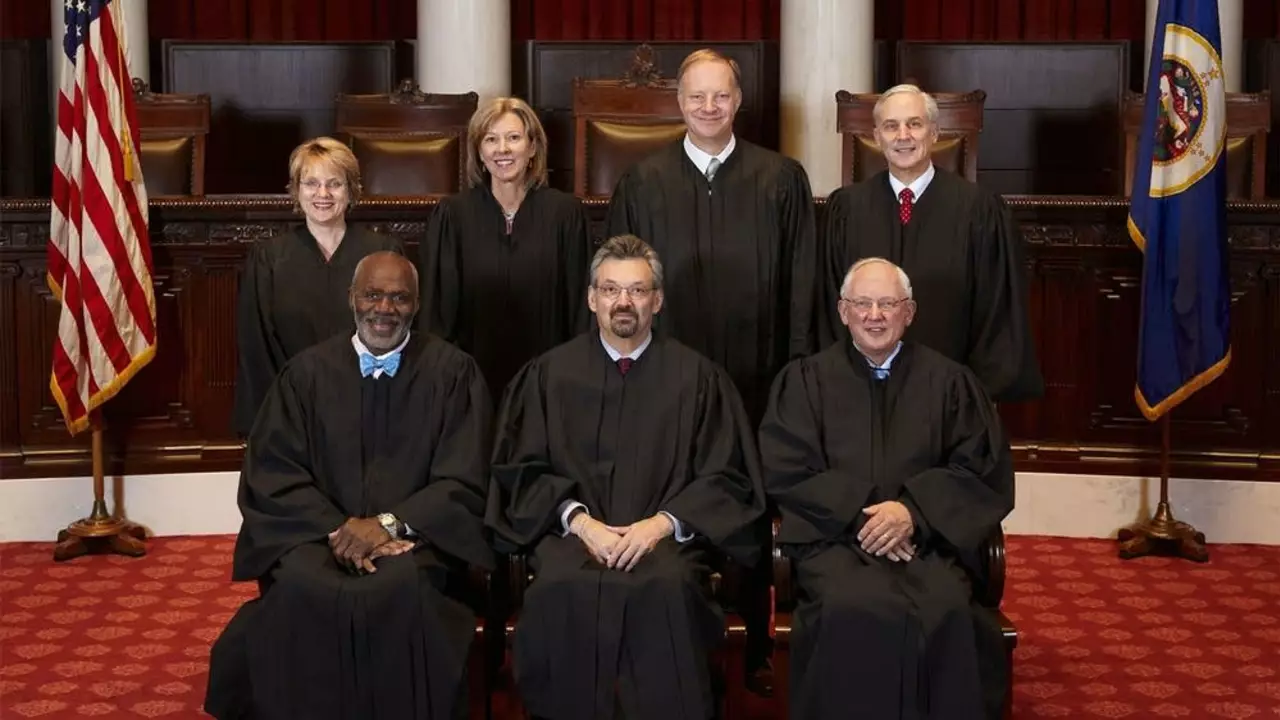Understanding US Jurisdiction
In understanding whether a foreigner can sue a US government agency, it's essential to first comprehend the concept of jurisdiction. Jurisdiction refers to the legal power or authority that a court has over particular matters and geographical areas. In the US, courts have jurisdiction over events and people within their borders. However, this does not mean foreigners are excluded from seeking justice in American courts.
As a matter of fact, foreigners can and do sue in US courts, and this includes suing government agencies. This is because US courts operate under the principle of fairness and justice for all, regardless of nationality. However, the process is not as straightforward as it sounds and involves several legal intricacies.
Understanding the Concept of Sovereign Immunity
One significant hurdle that a foreigner or anyone else looking to sue a US government agency might face is the concept of sovereign immunity. Sovereign immunity refers to the doctrine that the government cannot be sued without its consent. Based upon English common law, this principle was adopted and reformed in the United States through the Federal Tort Claims Act (FTCA).
However, there are exceptions to this rule. The US government has waived its sovereign immunity in certain situations, allowing itself to be sued. This is typically done through various statutes that outline the conditions and circumstances under which a lawsuit against the government can proceed.
The Federal Tort Claims Act (FTCA)
The FTCA is a primary exception to federal sovereign immunity, allowing for suits against the United States for damages "for injury or loss of property, or personal injury or death caused by the negligent or wrongful act or omission of any employee of the government." This includes, in most cases, acts by federal agencies. However, the FTCA has several exceptions and limitations, and not all government wrongs can be addressed under this act.
For a foreigner to sue a US government agency under the FTCA, the claim must generally be based on and permitted by the law of the place where the act or omission occurred. This can be a complex area of law, and anyone considering such a lawsuit should consult with a knowledgeable attorney.
The Tucker Act
Another statute that may allow a foreigner to sue a US government agency is the Tucker Act. This Act grants the US Court of Federal Claims jurisdiction to hear claims against the United States founded upon the Constitution, federal statutes, executive regulations, or contracts, express or implied with the United States.
Under the Tucker Act, a foreigner may be able to bring a lawsuit against a US government agency in certain situations. However, like with the FTCA, the Tucker Act has several exceptions and limitations, and not all claims can be addressed under this Act.
The Alien Tort Statute
The Alien Tort Statute (ATS) is a unique law that may allow a foreigner to sue a US government agency. The ATS grants US courts jurisdiction to hear lawsuits filed by non-US citizens for torts committed in violation of international law or a treaty of the United States. This could potentially include human rights abuses and violations of international treaties.
However, the reach of the ATS is currently a hotly debated topic in the legal community, and its applicability to lawsuits against US government agencies by foreigners is not entirely clear. The Supreme Court has placed significant restrictions on the use of the ATS, and it can be a complex and challenging law to navigate without expert legal help.
Legal Challenges and Considerations
While it is technically possible for a foreigner to sue a US government agency, doing so is not without challenges. There are various procedural hurdles, such as the requirement to exhaust all administrative remedies before filing a lawsuit. This means that before a foreigner can sue, they must first seek resolution through the agency's established grievance procedures.
Moreover, even if a foreigner successfully sues a US government agency, enforcing a judgment can be difficult. The US government has vast resources and can choose to appeal a decision, potentially dragging the lawsuit on for years.
Seeking Legal Advice
Given the complexity of US laws and the challenges in suing a US government agency, it is advisable for a foreigner to seek legal advice before proceeding. An experienced attorney can guide you through the process, help you understand your rights and options, and represent your interests in court.
Even though the road to justice might be long and winding, the US legal system does provide avenues for foreigners to seek redress. The critical thing is to understand the process, know your rights, and get the best legal representation possible to increase your chances of success.

Write a comment